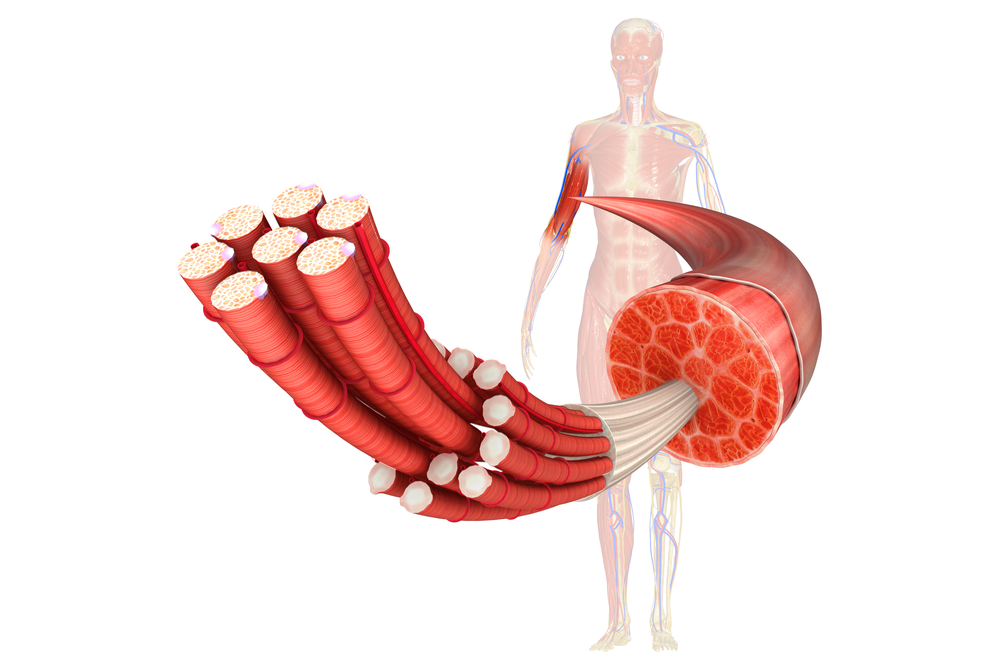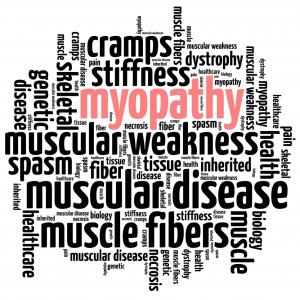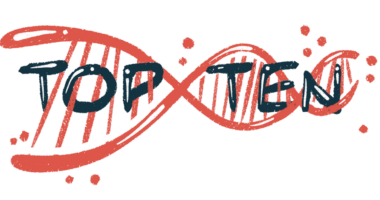Encouraging Clinical Trial Results for Occulopharyngeal Muscular Dystrophy (OPMD) Therapy

 BioBlast Pharma Ltd. presented the preliminary results from its HOPEMD Phase 2/3 study investigating Cabaletta (trehalose) in patients with Occulopharyngeal Muscular Dystrophy (OPMD), a progressive, incapacitating genetic disease. Cabaletta is a chemical chaperone that has been shown to reduce pathological aggregation of proteins within cells in several diseases associated with alterations with cellular-protein aggregation as well as acting as an autophagy enhancer. Cabaletta has shown significant efficacy in preclinical animal models of Occulopharyngeal Muscular Dystrophy and other PolyA/PolyQ diseases. The U.S. Food and Drug Administration (FDA) have given the Orphan Drug Designation for Cabaletta for the treatment of OPMD.
BioBlast Pharma Ltd. presented the preliminary results from its HOPEMD Phase 2/3 study investigating Cabaletta (trehalose) in patients with Occulopharyngeal Muscular Dystrophy (OPMD), a progressive, incapacitating genetic disease. Cabaletta is a chemical chaperone that has been shown to reduce pathological aggregation of proteins within cells in several diseases associated with alterations with cellular-protein aggregation as well as acting as an autophagy enhancer. Cabaletta has shown significant efficacy in preclinical animal models of Occulopharyngeal Muscular Dystrophy and other PolyA/PolyQ diseases. The U.S. Food and Drug Administration (FDA) have given the Orphan Drug Designation for Cabaletta for the treatment of OPMD.
Occulopharyngeal Muscular Dystrophy (OPMD) is characterized by dysphagia (trouble in swallowing) and the loss of muscular strength and weakness in several regions of the body. Since this disease is progressive, the dysphagia becomes more severe and patients start to become malnourished, dehydrated, lose weight, and experience consecutive episodes of aspiration pneumonia that can be fatal. Currently, there are no therapies approved for OPMD.
BioBlast Pharma is a clinical-stage biotechnology company founded in 2012 and focused on developing clinically relevant treatments for patients with rare and ultra-rare genetic diseases. The HOPEMD trial (ClinicalTrials.gov Identifier: NCT02015481) is designed to recruit a total of 70 patients in Israel, Canada and U.S. clinical centers to evaluate safety and tolerability of Cabaletta in patients with OPMD. In the first 6 months, the patients will be treated weekly with 30 grams of Cabaletta by IV infusion. After this time, the patients will be randomized (2:1) into a therapy group that will follow the weekly IV schedule and a control group for an additional 12 months. In Israel, the program has already begun, while in Canada patients are being recruited for the first 6-month phase study and in U.S. the patients will begin the study after the submission of an Investigational New Drug (IND) application, probably in the first quarter of 2015. The efficacy and safety measurements of Cabaletta will be addressed at the end of the study and will include specified muscle tests, severity of dysphagia, muscle biopsy and evaluations of symptoms by the patient.
[adrotate group=”3″]
In January 2015 at an Israeli test center, evaluations in 11 out of 14 patients were concluded. For these patients, Cabaletta was safe and well tolerated with no drug related adverse effects. Based on these safety results, BioBlast received Investigational Review Board approval in Israel to continue the next phase of the study for an additional 12 months. BioBlast Pharma has announced that 9 out the 11 patients reported positive changes in their symptoms in the Swallowing Quality of Life (QOL) questionnaire.
Dalia Megiddo, MD, Chief Executive Officer of BioBlast said in the press release that “While the primary purpose of this study was to test the safety and tolerability of Cabaletta in patients suffering from OPMD, we are also again encouraged by the fact that our patients are reporting an improvement in many of their disease symptoms.”
“It is too early to judge whether these improvements are indicative of the drug effect; we will know for sure only after the end of the trial. We will continue to monitor our patients closely and will update our assessment as we move forward with the clinical program at all three sites,” concluded Dr. Megiddo.






